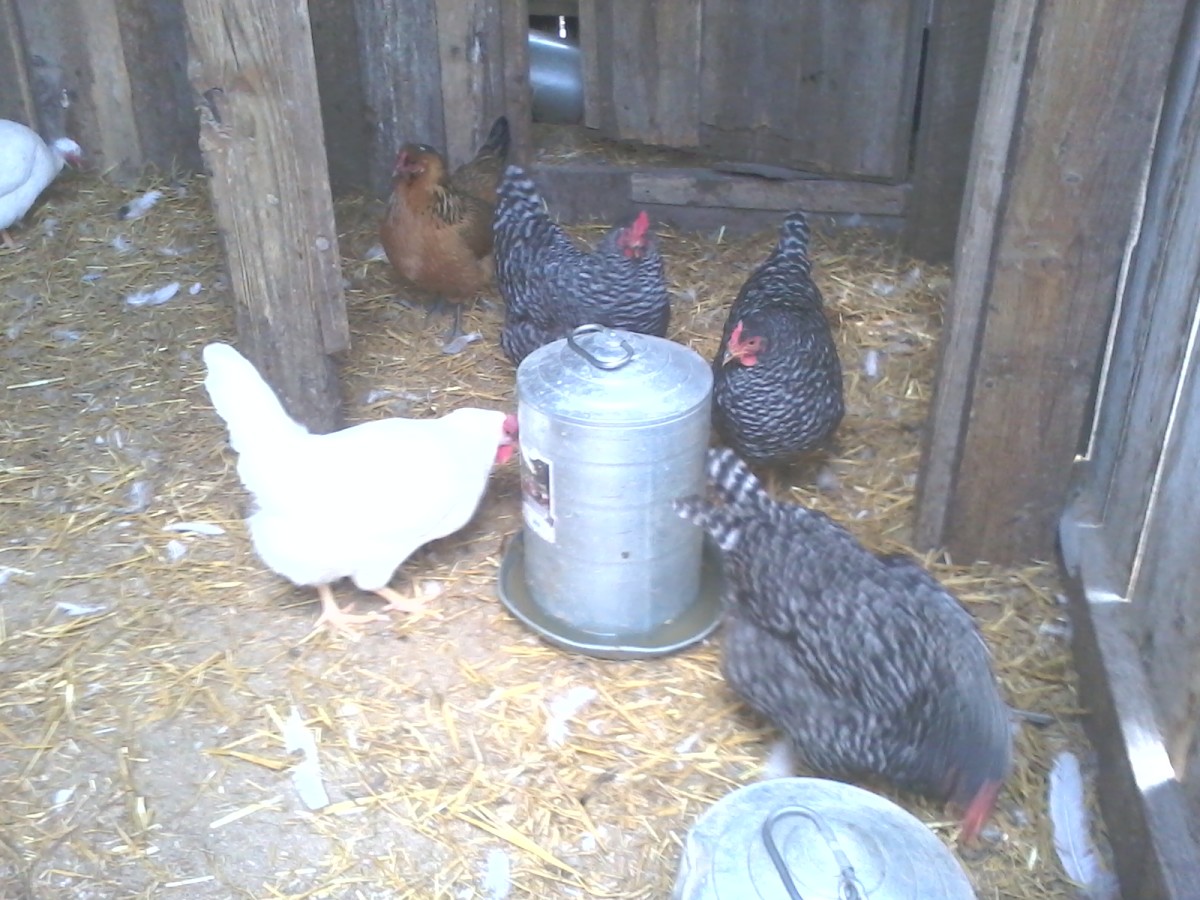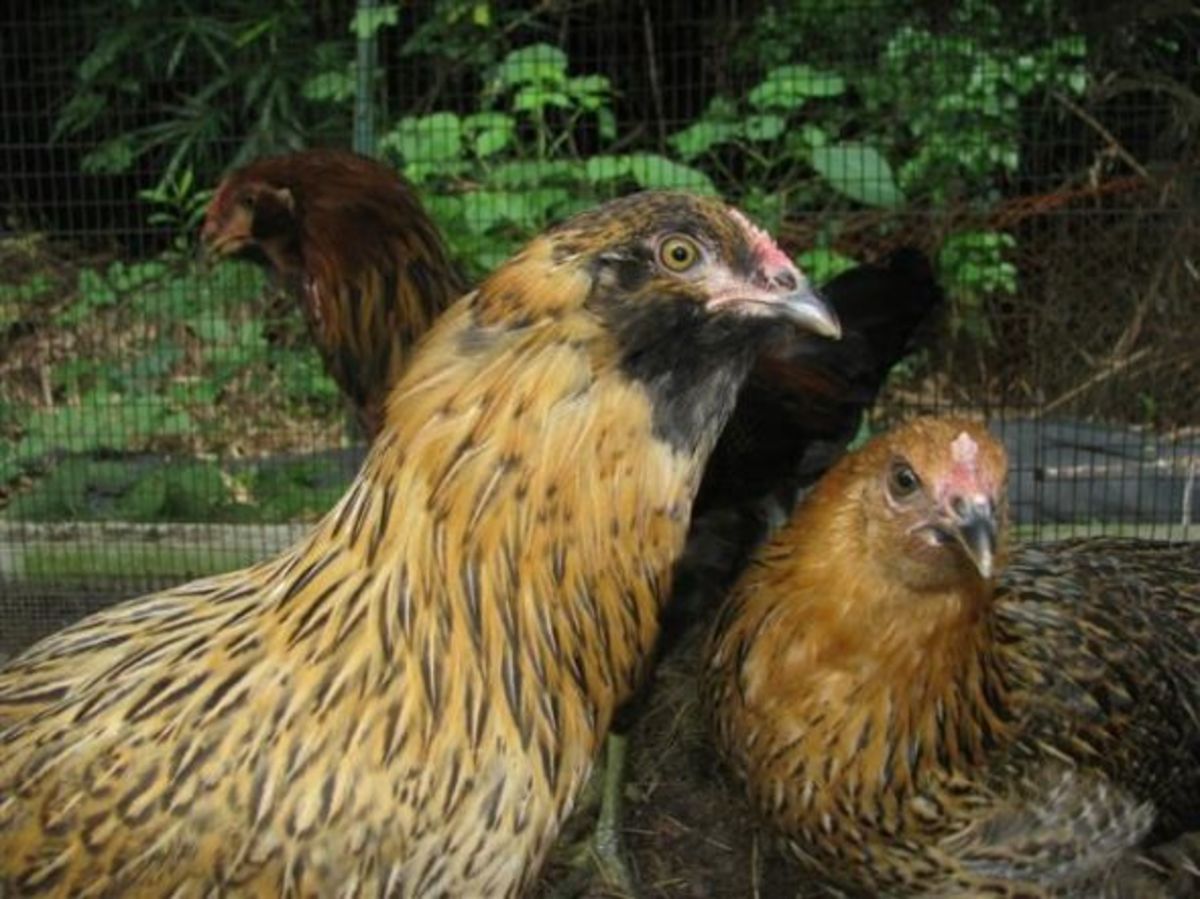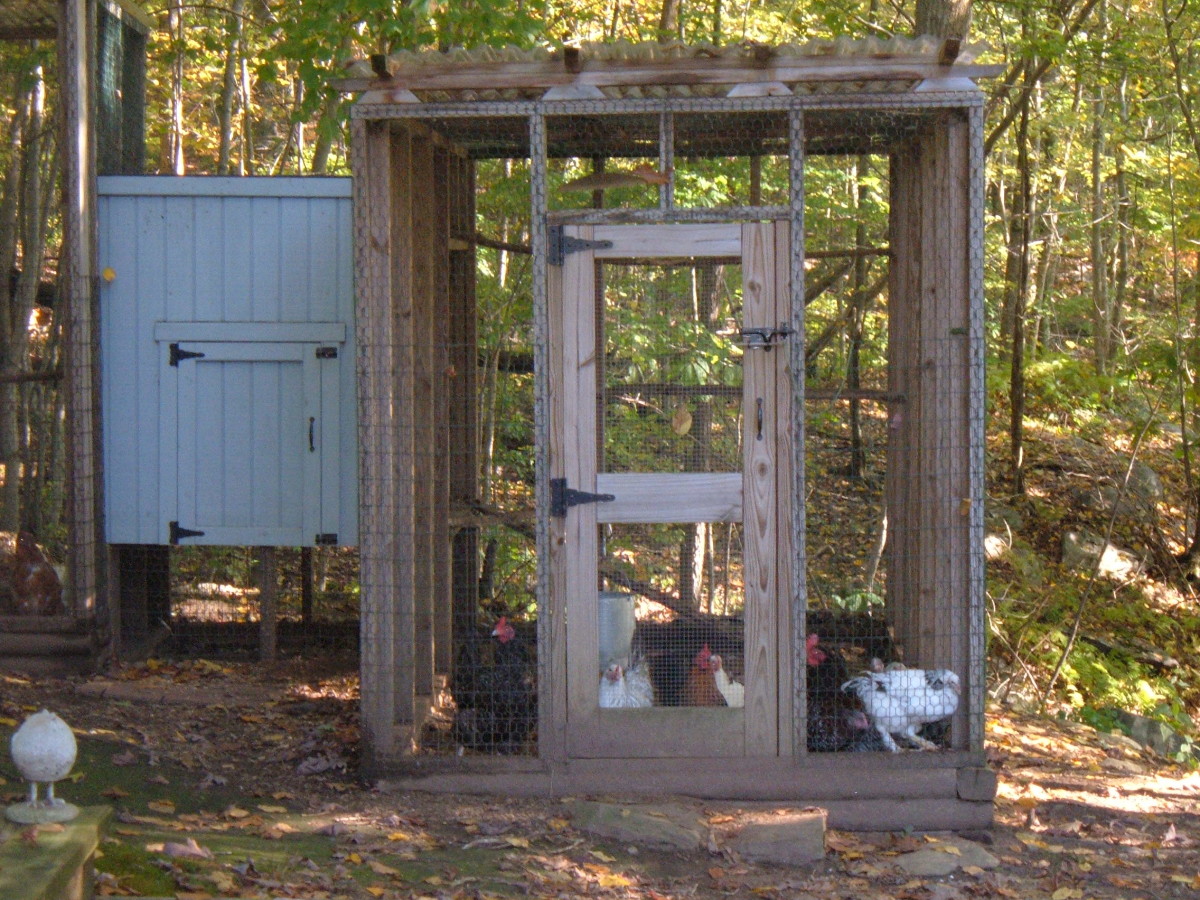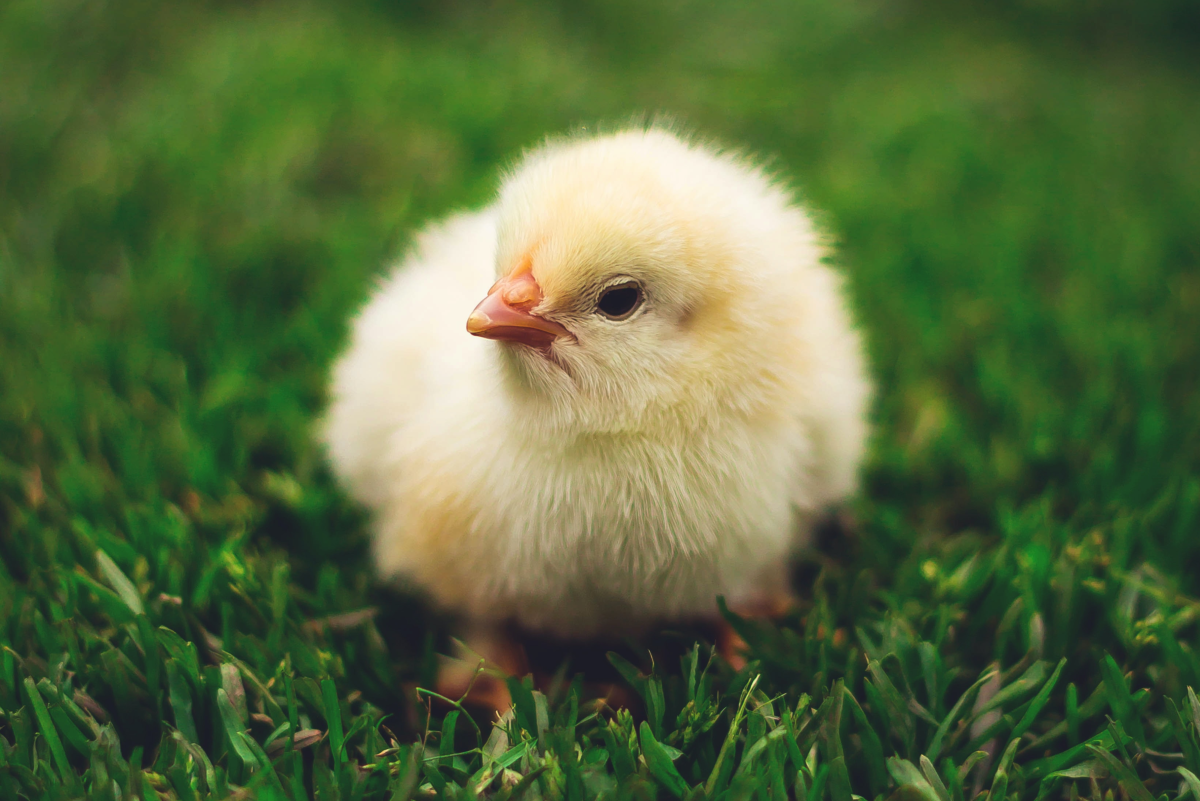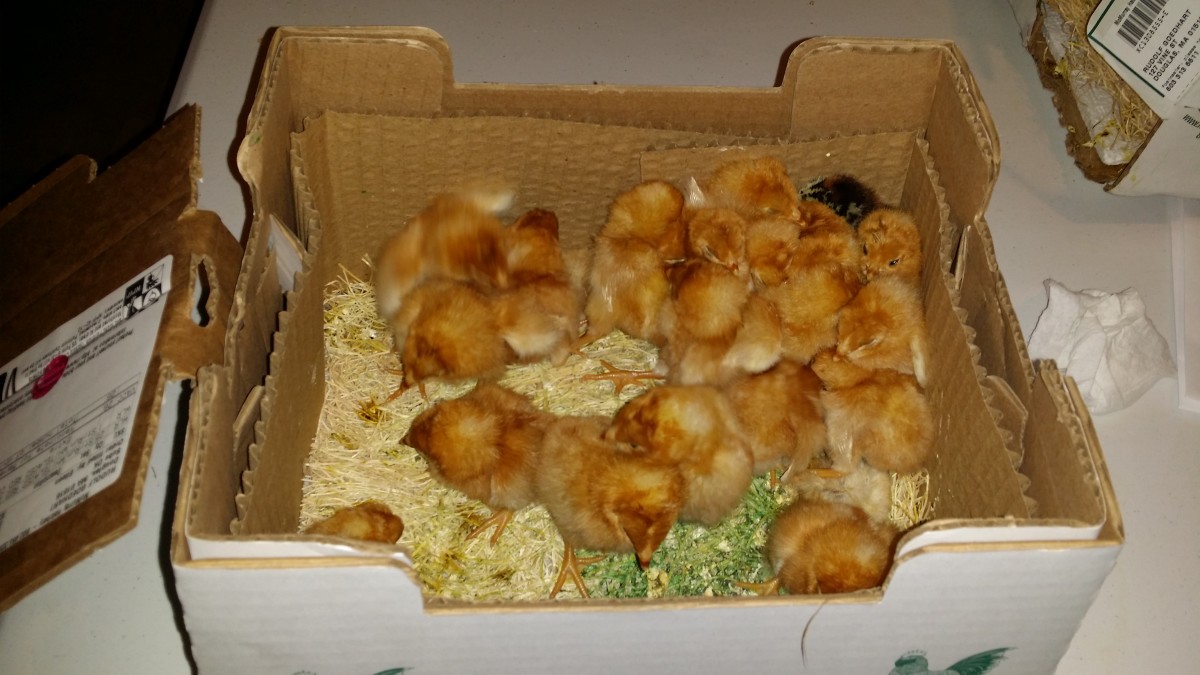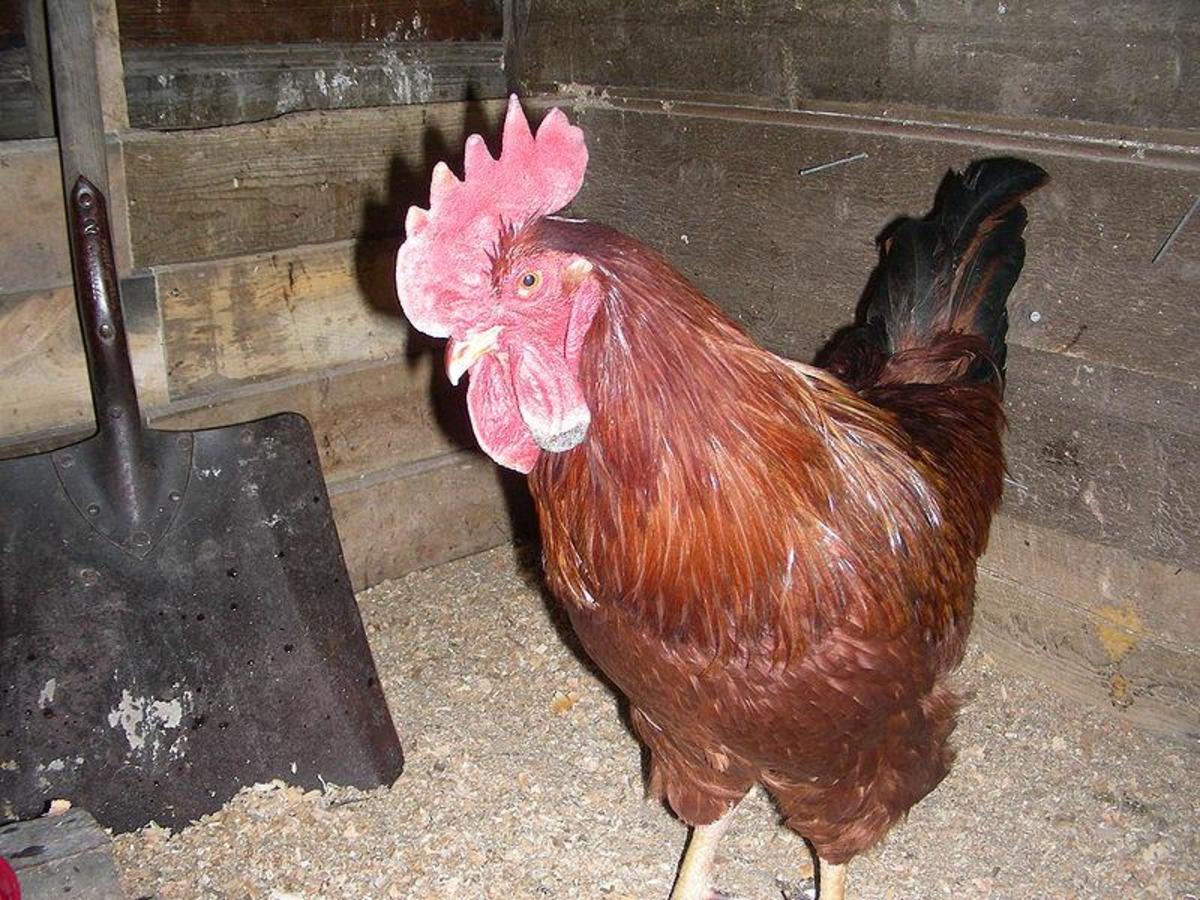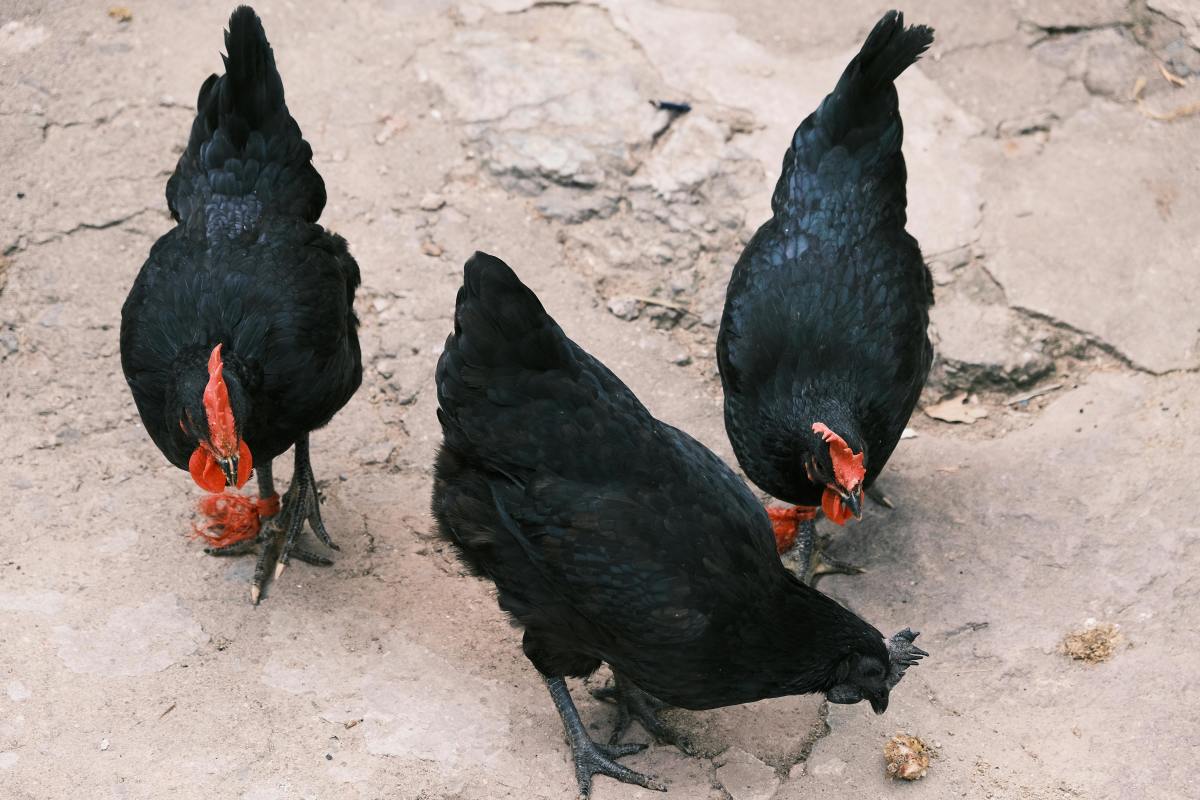- HubPages»
- Pets and Animals»
- Farm Animals & Livestock»
- Hens & Roosters
How To Raise Chickens For Fun And Self-Sufficiency
Become a Gentleman Farmer Today
By no stretch of the imagination am I an expert in raising chickens. I learn from the time-tested approach of trial and error, and more times than not error rules the day. Still, I have six chickens, all of which are healthy and happy, so I must be doing something right.
I did my research before beginning my chicken adventure. There are countless articles online that will go into great depth about chicken farming, and you can find books about it at your local library that can make you the expert I am not.
My sole goal today is to write a very basic overview of what it takes to raise chickens in an urban setting, and maybe by doing so save you from making some of the mistakes I made along the way.
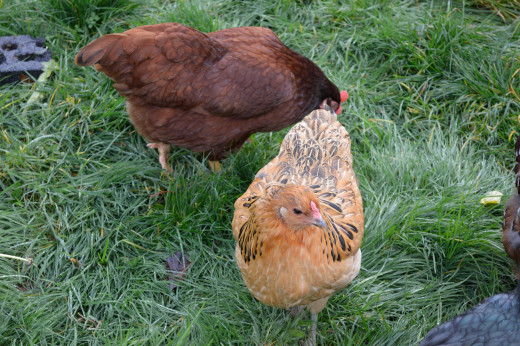
Advantages of Having Chickens
When we started out on our adventure, we simply wanted to have fresh eggs. Since I have a natural distrust of agribusinesses, I much prefer knowing where my eggs come from; in other words, I trust myself more than I do “egg factories” that produce tens of thousands of eggs. I was surprised, however, to discover that I gained not only eggs but very entertaining pets as a bonus. Chickens really are fun to raise. They are by no means stupid and they each have distinctive personalities.
They are fertilizing machines as well as food providers, and their fertilizer helps me in my gardening adventures, and roll it all together and it is one more step in my quest to become self-sufficient in this modern world.
So yes, I recommend raising chickens if you have the time and space to do so; I do not think you will be disappointed at all.
Check Municipal Codes
This is your first step if you live in a city. Every city is different regarding legislation about chickens. We live in Olympia, Washington, and here we are allowed five chickens and no roosters. That is a fairly common guideline. Roosters tend to be a bit noisy when the rest of the neighborhood is trying to sleep, whereas hens are quite content to sleep and remain quiet until you release them from their coop in the morning.
So check those municipal codes and see what is allowed in your area. Quite frankly, if you are not planning on raising countless chickens, there is no reason to have roosters anyway. You just add a whole bunch of headaches you don’t need by adding roosters to the mix.
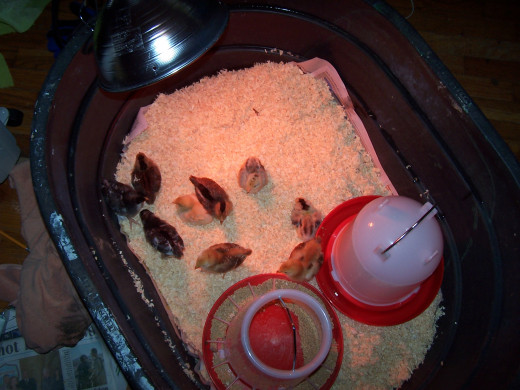
Preparing for the Chicks
Check your property and make sure you have a suitable space for your hens. You will need room for a coop and room for a chicken “run,” a space where they can roam about and hunt for insects and worms. Consider it an exercise yard for your hens, and the exact size is up to you. Our initial chicken run was about thirty feet long and five feet wide. We have since expanded it and now allow our chickens to roam our entire garden area; that was not done because of necessity but rather by choice because we wanted their fertilizer in our raised garden beds.
You can purchase newborn chicks for two or three dollars each, or you can buy year olds for a little more. If you are buying chicks then you will need a large tub to keep them in for a month or so. Newborns need to be kept warm for that first month and safe from predators, so we kept ours in a spare bedroom. Turn the light off at night and you won’t even know they are in the house.
One other thing I would suggest is letting your neighbors know you will be raising chickens. It’s just a matter of courtesy, really. Tell them you will let them have some fresh eggs and chances are they will be quite excited about the venture.
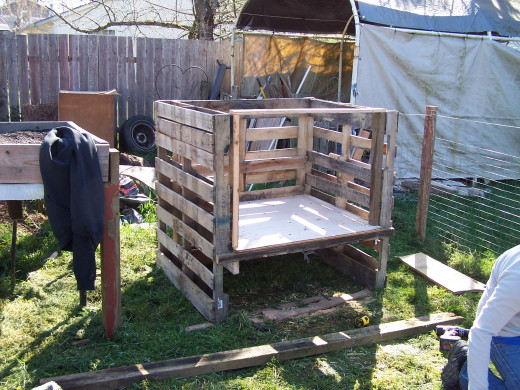

Building the Coop
A chicken coop needs to be a dry, reasonably warm place that serves as protection against backyard predators and a place for your hens to lay. It should have a nesting box and a place to roost.
We refused to pay for a ready-made coop that cost $600 so we made ours from used wooden pallets. Making it took about four hours and cost a total of $50 for the plywood that we nailed over the pallets to keep the wind and rain out. The roof is an old truck canopy that we were not using.
Any old structure will serve the purpose. If you have a small shed that you don’t use then make that a coop. An old garage or an old kid’s playhouse will also do the job.
We have a door that opens from the coop to the run, and the run is protected with chicken wire on the sides and fowl netting on top to keep the hawks from feasting on our darlings. I have provided pictures to the right of this article for you to see; they should give you a little better idea of what is needed in a coop.
Supplies Needed
Not much in the way of supplies are needed. We have a water dish and a food dish, both of which we hang from the ceiling of the coop so their food and water is not contaminated. Chickens will walk in their food; they will poop in their food; and they will mix their food with straw and possibly die from that mixture, so hanging the food and water from the ceiling seems to eliminate those problems.
You can buy chicken feed at any farm supply store. For our six chickens we buy a 25 lb bag once every two months or so. Their main diet consists of bugs and worms, which cost nothing, and our table scraps which again cost nothing. If you eat rice then your chickens will be happy. If you eat bread then your chickens will be ecstatic. They are not terribly picky eaters and they are wonderful little composters.
If you live in an area that gets very cold in the winter you will need a heat lamp to hang in the coop during those cold stretches, but we are talking about very cold weather. Our chickens do quite well with temps around freezing, and during a cold snap earlier this winter when temps dropped into the teens during the day they were still out pecking and scratching….but at night they really do need the comfort of that heat lamp.
Some more thoughts
- A Self-Sufficient City Farm In Today's Modern World
Take a tour with me as I show you how much can be accomplished on a neighborhood lot.
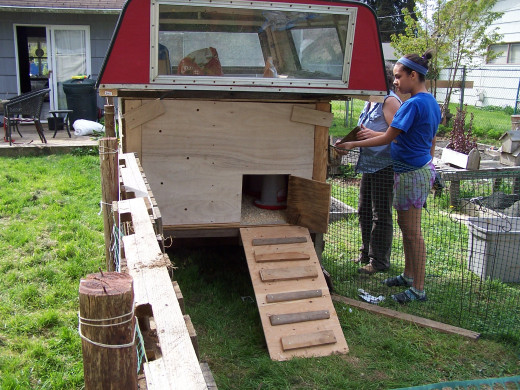
Care for Your Chickens
Really there is very little care involved. I release ours from the coop at sunlight and they amuse themselves until sundown. Once a day I go to their coop and take out the fresh eggs, and at the same time I scrape out the poop from the night before. We have a bale of fresh hay and we use that as a bedding in their nesting box and the floor of their coop.
At night I take a piece of bread and entice them back to their coop and lock them in for the night….and yes, it is important to lock them in. Nighttime predators can kill off your flock very quickly, so they definitely need that protection at night.
For you pet owners, we have two dogs and they get along fine with the chickens, but that is not true of all breeds of dogs or cats. If you do have dogs or cats then you’ll have to discover compatibility on your own and take the necessary precautions. Chickens are quite defenseless, so proceed with caution please.
Is There Any Chance You Will Raise Chickens?
And Those Are the Basics
You will notice that I did not mention the fact that when their laying days are over they also provide wonderful chicken dinners. Our chickens are our pets and I doubt we will be eating them until they die naturally.
Chickens will last from eight to ten years, and they will lay eggs for five or six of those years. Their laying comes in a decreasing amount over the years. Their best year of laying is the first year when each hen will lay, on average, five or six eggs per week. As the years continue their laying output will diminish, and during the winter months they usually will not lay.
I love to share information and experience, so if you are considering raising chickens feel free to contact me with your questions.
If you have the space and the desire for fresh eggs and a bit of self-sufficiency, I highly recommend raising chickens. In three years we will be moving to the country and then all restrictions will be gone. We plan on having dozens of these great pets and roosters as well. If you ever want to visit our little farm just follow the sounds of crowing in the distance.
2014 William D. Holland (aka billybuc)



